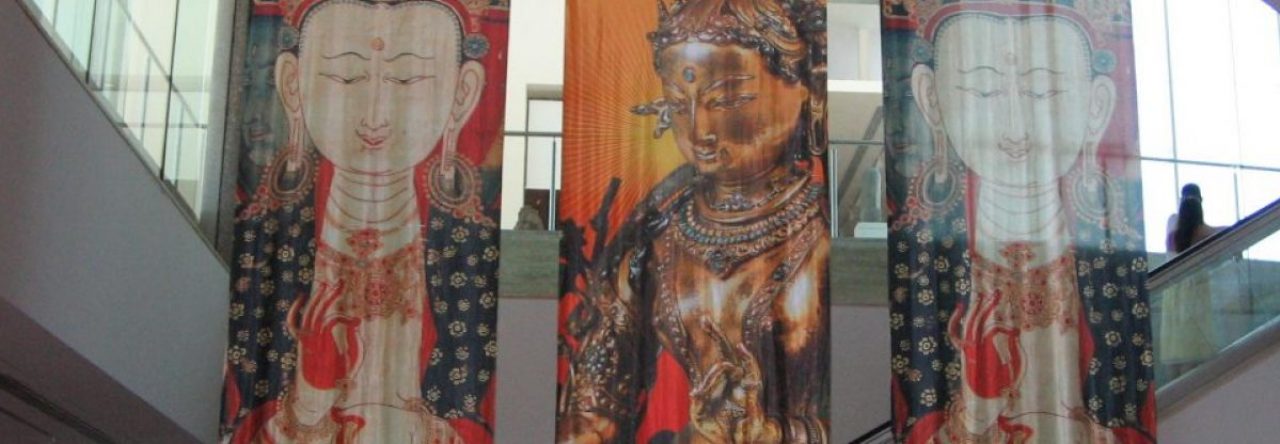Last week, we emphasized that if you place human experiencing, as well as a new language theory, at the centre of the model of Buddha’s teachings, then a lot of the contradictions, and oddities of the Early Buddhist teachings dissolve, and a coherent model of human liberation emerges. This week, we begin to see in detail how the Buddha saw ‘experiencing’ and the ‘knower’ of experiencing.
As always, in my courses, bodily-felt experience is the touchstone. I will invite participants to consult their bodily-felt meaning of the Buddhist concepts, and to experience the vision in terms of a ‘process orientation.’ If you have some ‘Focusing’ experience, this course is made for you. If not, you will learn, as we proceed, to use your body’s ‘felt sense’ for insight.
FOR THIS SECOND WEEK, the conversation is about: Chapter One: The ‘not-self’ character of experience; and, the five ‘skandhas’ (or five primary sentient processes). After the short introductory talk, then we’ll have a conversation generated by the content as presented.
The list of each weeks’ topics:
Week 1 – Chapter Three: The Focus on Experience.
Week 2 – Chapter One: Setting the Scene: The ‘not-self’ character of experience; and, the five ‘aggregates’ (the five primary sentient processes of body, feeling-tones or sensations, perceptions, intentionality, consciousness).
Week 3 – Chapter Two: The Indian Context.
Week 4 – Chapter Four: The World of Experience.
Week 5 – Chapter Five: The Experience of Subjectivity and Objectivity.
Week 6 – Chapter Six: The Structure of Experience.
Week 7 – Chapter Seven: The Limits of Experience.
Week 8 – Chapter Eight: A World of Metaphor: Continuity, Death and Ethics.
And, the ninth and closing session (23 October) will be focussed on the book’s postscript: On What is a human being?
